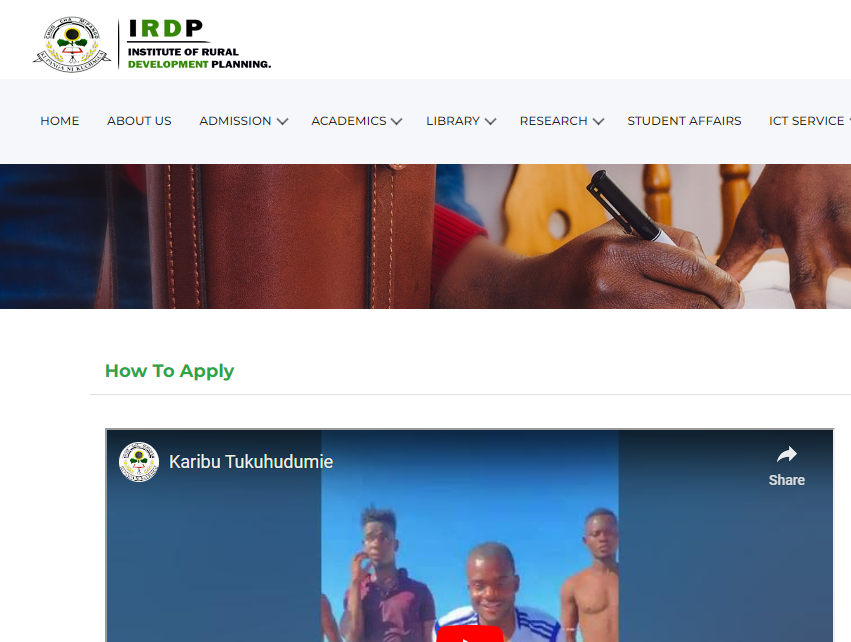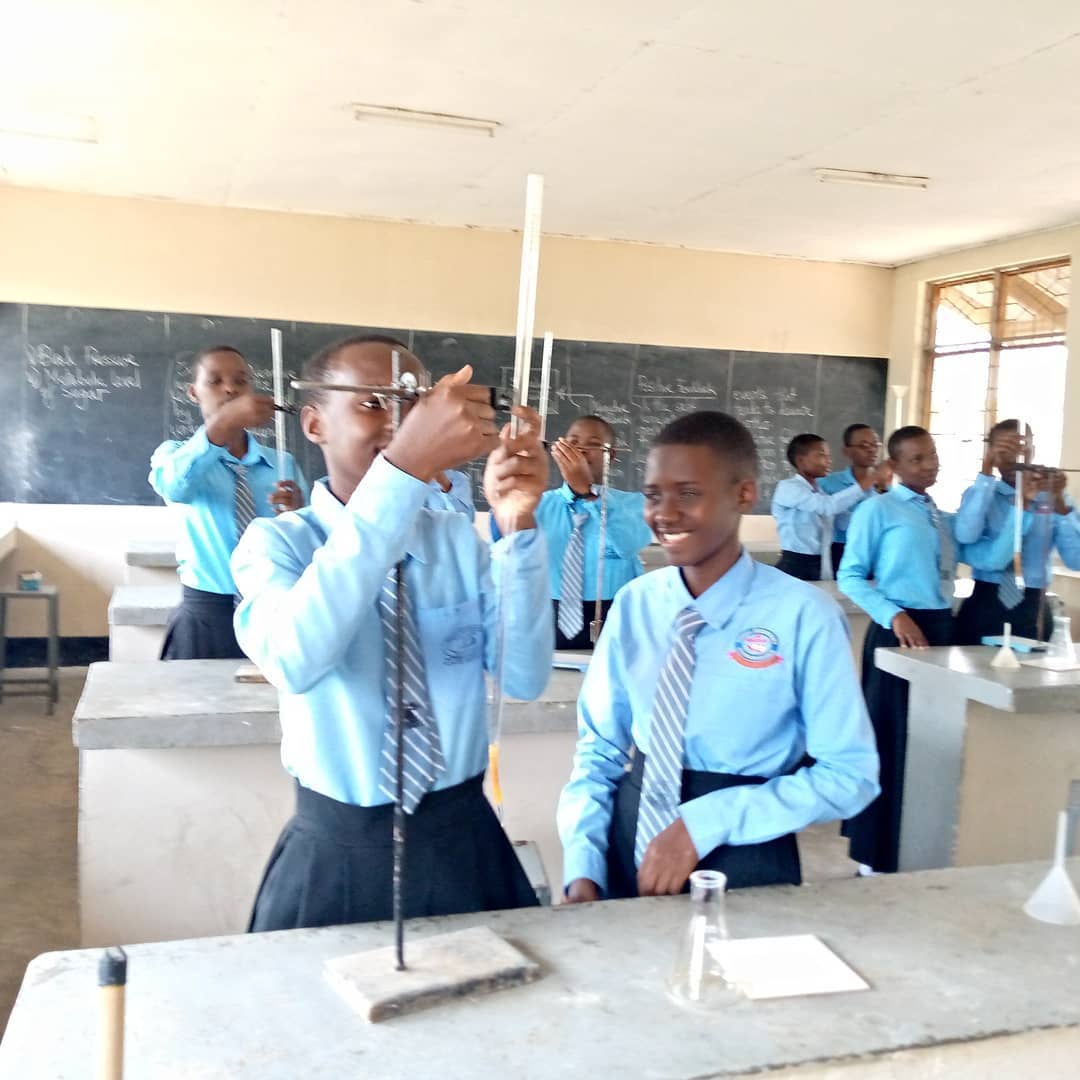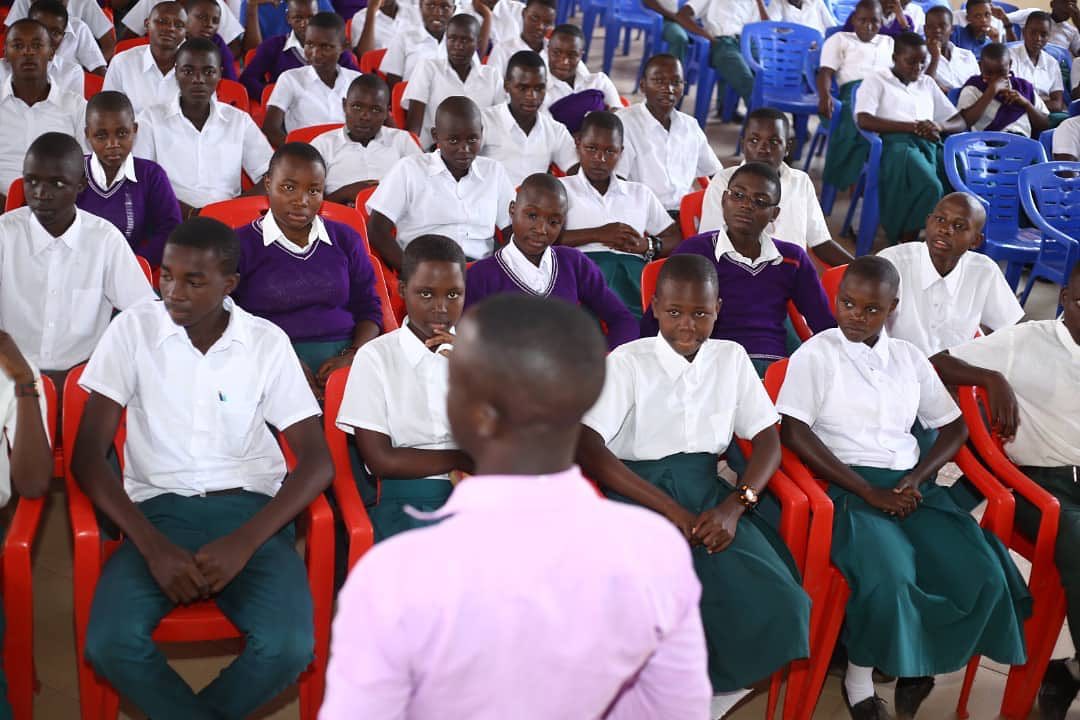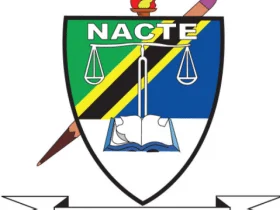National Senior Certificate results in 2022 – 2023;- National Senior Certificate results. when will matric supplementary results 2022 be released, when will matric supplementary results 2022 be released, when will matric results 2022 be released.
The 2022 National Senior Certificate examinations concluded on 6 December 2022 and the Minister of Basic Education, Mrs. Angie Motshekga, will announce the outcome of the examinations on 20 January 2022.
National Senior Certificate results in 2022 – 2023
- Candidates are urged to get their statements of results from their school/centre where they wrote the exams. Candidates’ partial results are available on this website.
- Result queries should be submitted for investigation within 30 days after the release of results.
- Candidates must ensure that names and identity numbers reflect correctly on their statement of results and report any required corrections to the Department before 30/06/2023
National Senior Certificate results
RE-MARK/RE-CHECK OF EXAM SCRIPT
A candidate may apply at the prescribed fee for the re-mark/re-check of his/her examination scripts. Registration can be done at either the school or district office in the province (all instructions appear on the reverse side of the Statement of Results).
Closing date for applications: 10 March 2022 for both manual applications and for online applications.
Fees for re-marking and re-checking per subject:
Re-mark: R120.00
Re-check: R29.00
Viewing of scripts may only be done after a re-mark or re-check of results. The closing date for applications is 7 days after the release of re-marking or re-check results. The fee for viewing is R234.00
JUNE NSC EXAMS
The supplementary examination in February/March has been phased out and is therefore no longer available. A new examination is available during May/June where candidates can improve their results or complete outstanding results. The closing date for application for 2022 is 26 March.
Conditions for entry
- Candidates can only register for subjects for which they were registered in the previous November examination.
- Candidates who were absent with a valid reason (medical unfit, death in the immediate family or other special reasons*) from one or more external question papers, may register for the NSC June examination.
- Candidates who want to improve their overall achievement status, or only want to improve the achievement of a subject, may register for the NSC June examination.
- In the case where a candidate was absent for one or more papers in the November exam with a valid reason, the candidate has the choice whether to write only the outstanding papers or all the papers.
- In a case where an irregularity is being investigated, provisional enrolment for NSC June examination may be granted to the candidate concerned, pending the outcome of the investigation.
- Candidates who were unable to write or complete one or more of the NSC November examination question papers for reasons other than illness/injury or death in the family, may apply to write the NSC June examination, provided that a written report is submitted by the principal of the school to the Head of the assessment body.
Candidates, who do not qualify to write the June NSC examination, have the following options:
- Re-enrol for the NSC as a full-time repeater candidate at a school without delay, provided that the candidate is younger than 21 years of age.
- Register as a part-time repeater candidate at a Public Adult Education Centre.
- Register for the Senior Certificate (SC) examination which is a school leaving qualification for adults and out-of school learners, provided the validity of the candidate’s SBA has expired.
- Alternatively, candidates that were not successful in their examinations could consider vocational education and training. There are 50 Public Further Education and Training (FET) colleges across all provinces of South Africa comprising over 300 campuses or teaching sites.





Leave a Reply